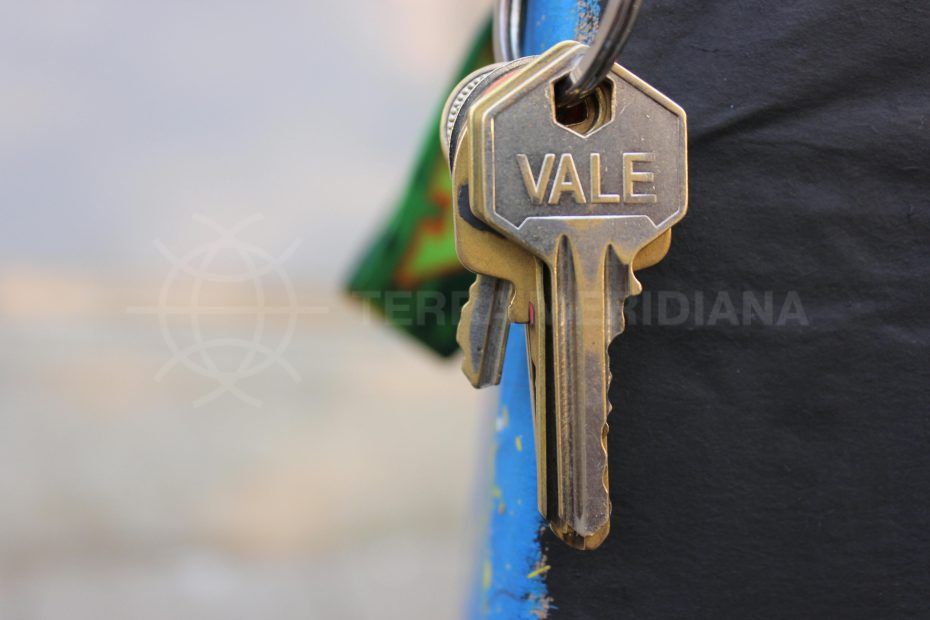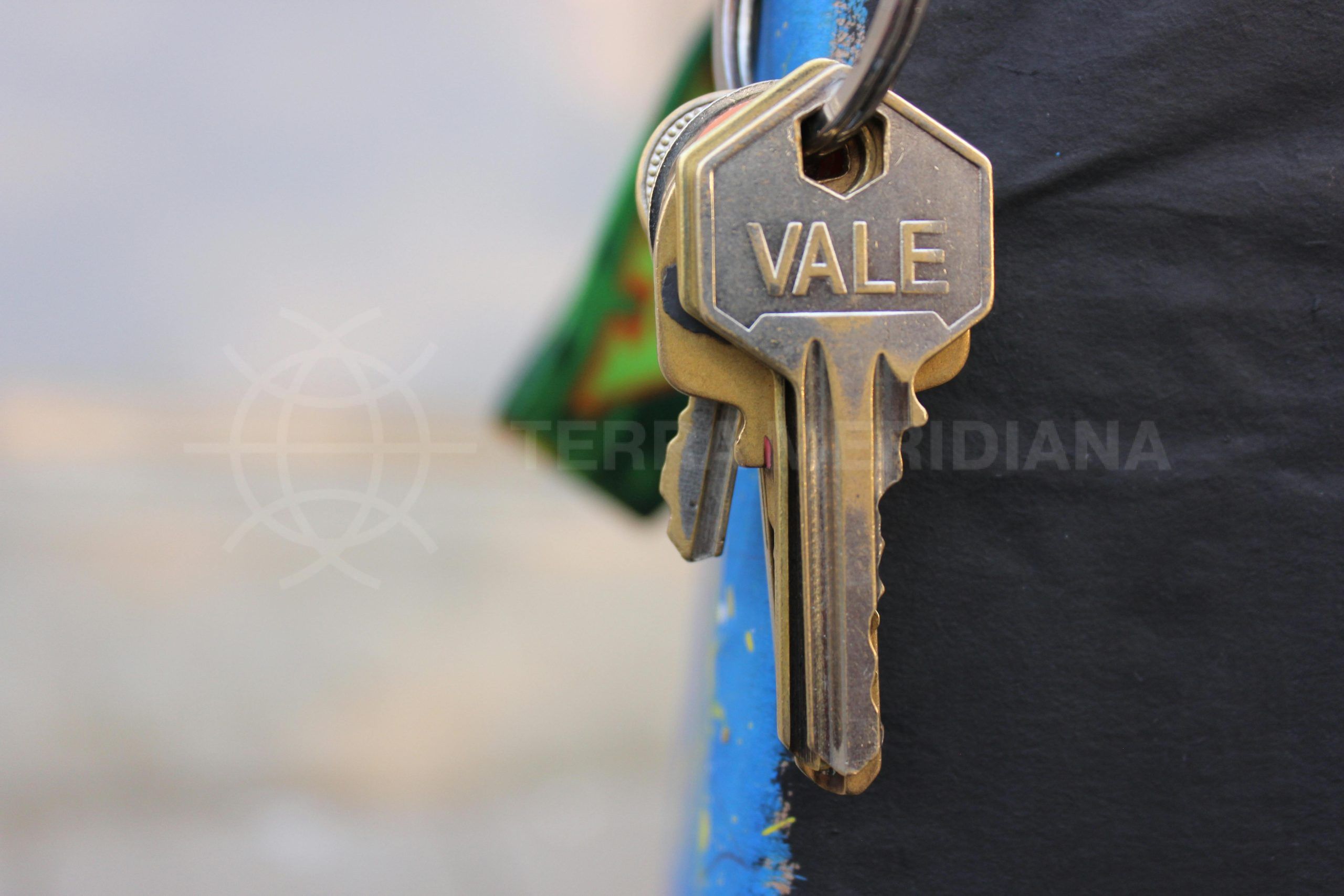
Opinion
Will the new legal amendment solve the problem of Squatters in Spain?

On November 14, 2024 the Congress of Deputies approved an amendment to the Judicial Efficiency Law that is currently working its way through the legislative process. This amendment will speed up the processing of criminal charges related to home invasions and “housing usurpation.”
This is being pushed by the PNV, which is a centrist Basque party, and is supported by the PP and a number of regional parties from the centre-left to centre-right. The left-wing Basque party EH Bildu also voted for the measure but stated that this was a mistake.
Regardless, the law will now pass to the Senate, which is dominated by a PP majority and thus likely to pass.
The basic principle of the amendment is that these offences will be added to other less serious crimes that must be resolved one way or another within 15 days. The first question is whether this amendment will actually solve the problem of squatting. Some are certainly celebrating it as a solution. However, as the article in Idealista.com notes, not everyone is impressed.
For instance, José Ramón Zurdo, director of the Rental Negotiation Agency (ANA) notes that the amendment won’t deal with those who are actually vulnerable, people unable to pay their rent, nor so-called “inquiokupas”. Inquiokupas are people who pay first and last month’s rent but don’t intend to pay anything else. They then try to stay as long as possible in their apartment rent-free.
In the case of those who are legitimately unable to pay, social services must become involved as it’s not strictly a criminal issue. In the latter case, it is a matter of fraud, which requires a different process. The issue becomes, how do you separate one type of fraud from another to qualify for the 15 day rule? To attempt to subject all Spanish fraud cases to the 15 day rule would simply overwhelm the system.
The ANA suggests creating a public register of leases to address the problem at the administrative level. Under this plan, police would be granted the right to evict squatters immediately if contracts or support documents are found to be fraudulent.
Again, this solution would almost certainly face the problem of determining who has protection under the law as vulnerable. If the police start throwing poor families with unemployed parents out into the streets in the middle of winter, that is going to cause both scandal and pain.
The Gordian Knot
As I’ve indicated previously, targeting squatters and wayward landlords is mostly about hand waving and being seen to do something by the voting base of these parties.
It’s not to say that there isn’t a problem or that there isn’t criminal activity that needs to be addressed. A study by the Institut Cerdás found that while the number of squats has declined from its peak in 2016 (87,000), there’s still 78,000 legally defined squats in Spain.
However, the number of annual police complaints is much less, at 15,289 in 2023, an 8.8% drop from the previous year. Based on the 2022 number of 16,700 complaints, that represents just 0.06% of Spanish housing stock each year.
Taking the larger number, that is still only 0.4% of Spanish housing stock and is primarily concentrated amongst big landlords, at 75-80%. It’s likely that’s the reason why, outside of periodic flare-ups in the media around the issue, most Spaniards are not overly stressed about the issue.
According to the CIS barometer for June, 0.5% of Spaniards consider housing occupation to be one of the main problems, while 0.6% consider it to be one of the problems that directly affect them. Nonetheless, it’s still a significant number of violations that shouldn’t be belittled.
20,000 of these overall non-paying tenant numbers are borne by small landlords. They likely are severely affected economically – not to mention the stress of dealing with it. They don’t have a team of lawyers on retainer to help them resolve a tenant who can’t or won’t pay.
Nobody should face fraud, scams or hardship. But the root of the problem – to sound like a broken record – is that not enough housing is being built, especially affordable housing. The Cerdás study found that the bottom 20% of income earners are spending 40% – or more – on housing. And Spain spends just 35 euros per person on affordable housing, compared to the UK, where they spend more than ten times that amount, at 439 euros/person.
By Adam Neale | Opinion | December 12th, 2024
Related Posts


